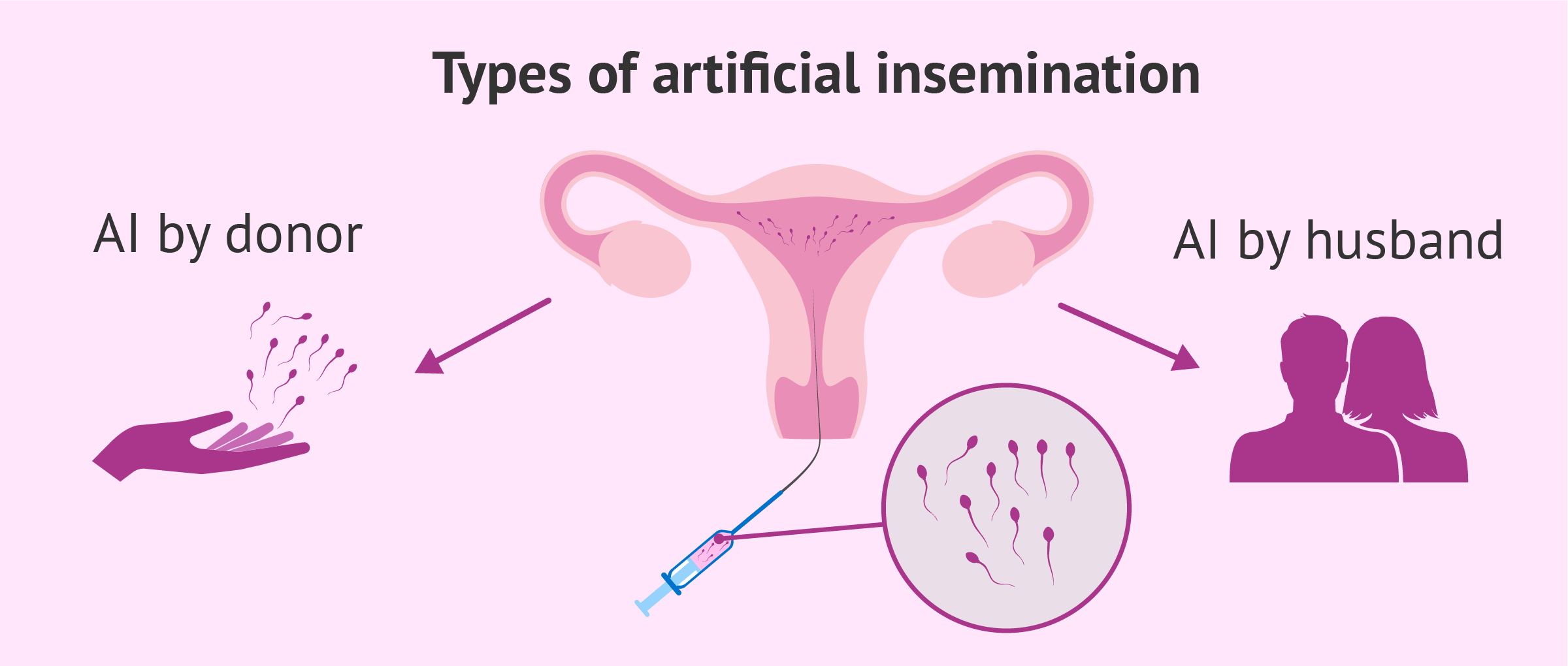Ready to find out more?
Data Source by Author
[Aitziber Domingo Bilbao BSc, MSc (embryologist), Andrea Rodrigo BSc, MSc (embryologist), Antonio Forgiarini MD, MSc (gynecologist), Mark P. Trolice MD, FACOG, FACS, FACE (reproductive endocrinologist), Óscar Oviedo Moreno MD (gynecologist), Patricia Recuerda Tomás BSc, MSc (embryologist) and Sandra Fernández BA, MA (fertility counselor)]
Intrauterine insemination
Donor insemination is a simple procedure that uses a syringe to place semen into a woman’s vagina to assist her in getting pregnant. The semen is normally obtained from someone other than the woman’s husband or partner.
A couple pursuing donor insemination will go through a comprehensive orientation that includes discussions of potential semen donors, methods of insemination, legal issues, fertility awareness, and self-exam.
Fertility awareness is discussed to educate the couple on identifying the best time for insemination.
Most fertility specialists will conduct a health exam to insure that there are no problems prior to conception and that the woman is healthy enough to carry a child full-term.

